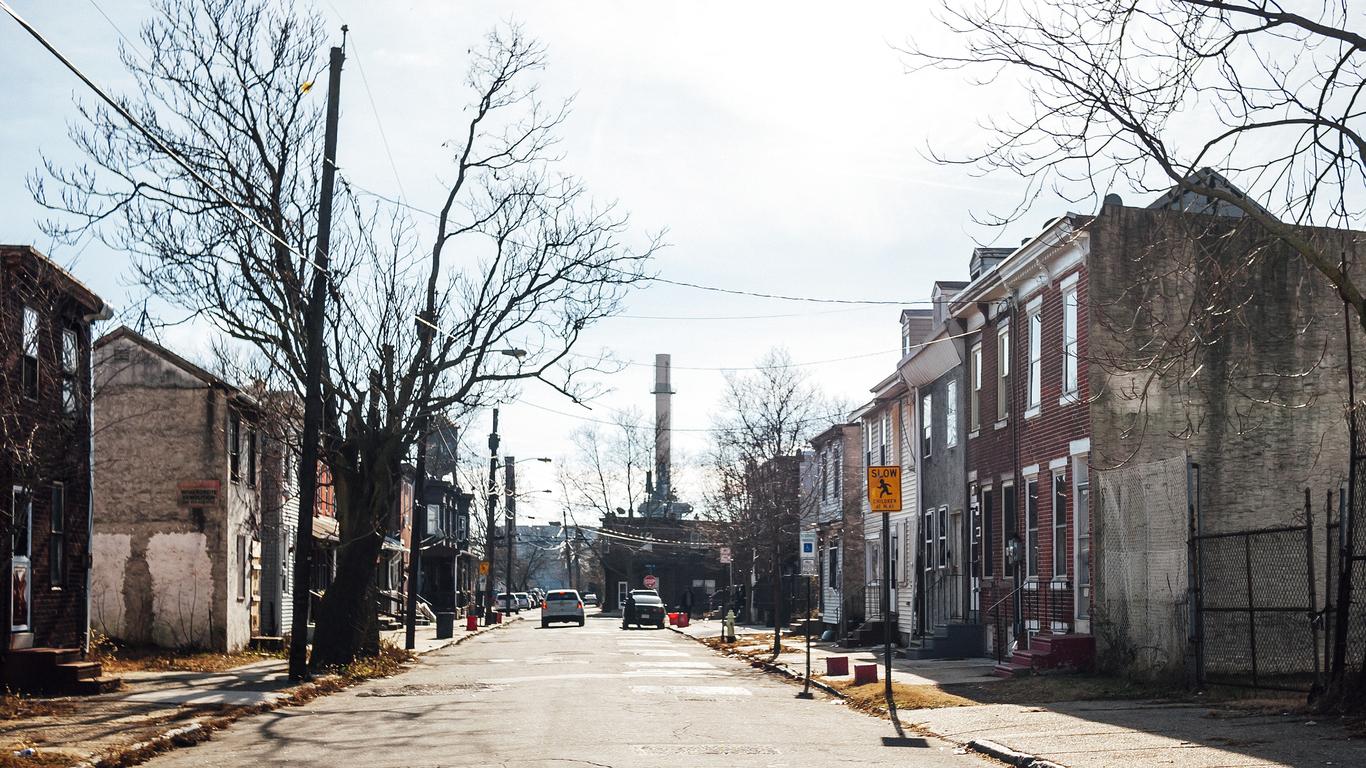ImpactAlpha, February 5 – Investors don’t need to wait for federal rules to commit to community engagement and honest appraisal of the social and environmental impact of their investments in low-income Opportunity Zones.
A new reporting framework from the U.S. Impact Investing Alliance and the Beeck Center at Georgetown University stresses key principles, including engagement with low-income and underinvested communities, equitable community benefits, and transparency and measurement around impact objectives and outcomes. Executive director Fran Seegull said that as the Alliance presses for federal standards on reporting, “this voluntary framework will help model a higher standard of practice.”
Opportunity Zone investors want impact. Let’s help them get it.
The framework was launched at Sorenson Impact Center’s Winter Innovation Summit now underway in Salt Lake City. The Center’s new “Opportunity Zones Catalyst Challenge” will use the framework to highlight cities and states, as well as fund managers and investors, that are using the tax-advantaged investments to drive social and environmental impact.
“There are skeptics that feel this is a tax break for the rich, that it’s real estate developers just coming in to do investments that are subsidized by the tax break,” Jim Sorenson told ImpactAlpha. “We really want to counter that.”











